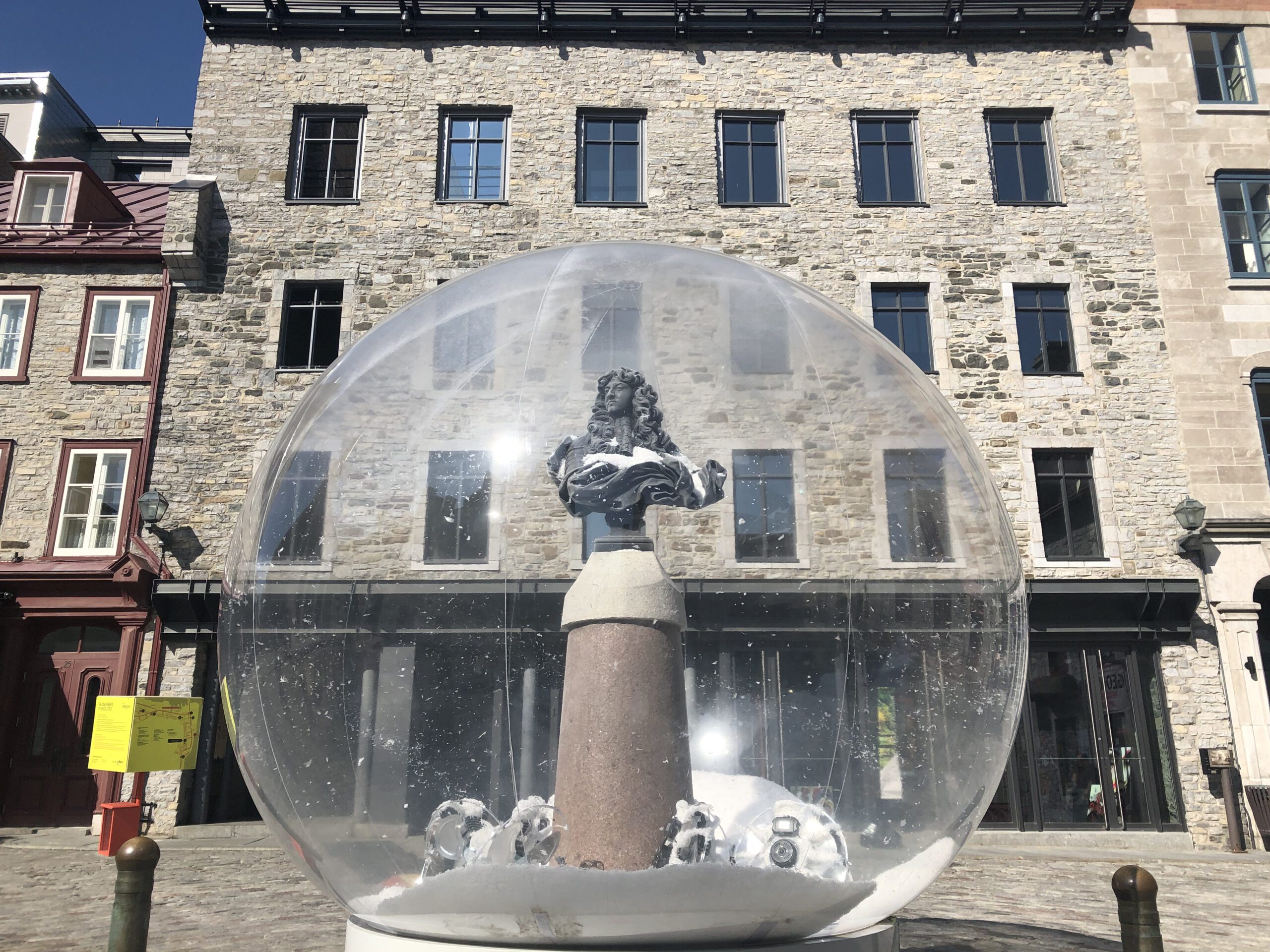
Canadian Independence – the time has come

It would seem Julie Payette is a really unpleasant person. Incredibly impressive on paper, the former astronaut seemed like a good choice for Governor General of the country.
As the constitutional Head of State (well, specifically the Head of State’s representative), a bilingual, female astronaut sent all the right messages about gender parity, education, language and Canada’s youthful, forward-looking ethos.
Sadly, Payette turned out to be a bully and aggressively disinterested in setting a tone of inclusion. But then, inclusion in terms of monarchy means a strict class structure designed by birth, colonial military power and pre-determined stations in life. I would not define Canadian values in such terms.
Let’s just take a step back and have a look at the current situation;
Apparently there are still unelected monarchs in the world. Even more surprising, some otherwise reasonable people think hereditary peerage is a good thing.

Then someone else thought it a good idea to put some colonial monarch FROM ANOTHER COUNTRY on my money.
Now a whole bunch of noise about this family is all over the news.
Oh.. and her representative in Canada was a disaster.
I really don’t want to care, but if I am forced to, then it is time to rise up and end this pre-democratic institution.
No one should be born a leader just as no one should be born a slave – some fairly straightforward political advice.
There seem to be around 25 royal families in the world and over 40 countries with a monarch as head of state. There are even a a few absolute monarchies – the tyrannical Saudi regime frequently comes to mind.
Sure, in more democratic countries, royal families may offer some sense of nation and unity, but not long ago even the most progressive constitutional monarchies were complicit in horrible crimes against humanity.
Let’s mention Belgium. The royal family of this small, politically unstable European country oversaw the utter exploitation of Congo in Africa. By the time Congo had achieved independence, half the country’s population had died.
Further north, the Dutch royal family still sits on wealth accrued from the Dutch East India Company – the wealthiest company in human history and an institution that ruled over Indonesia with an iron fist. Even after the Netherlands was liberated in 1945, the Dutch government tried to reassert dominance over Indonesia.
Japan’s emperor was a god until that regime was dismantled.

Of course France did do away with its monarchy and continued to colonize, however Egalité, Fraternité, Liberté did lead to the abolition of slavery in 1794 (although Napoleon tried to bring it back when he became emperor).
The Portuguese kept slavery alive into the late 1860’s.
Elizabeth of London remains Head of State in 16 countries. Some of those countries (Australia, Canada, New Zealand) have achieved a reasonably high level of development – albeit on the back of colonization and degrees of genocide. Others (Papua New Guinea, Jamaica) continue to struggle with deeper social and economic issue.
So many former British colonies had to fight for their independence under her unelected, hereditary rein. Millions died from colonial endeavours.
This is not a direct rebuke of Elizabeth Alexandra Mary Windsor, rather of the institution and structure she represents. The idea of monarchy runs contrary to basic principles of equality of opportunity.
In this country, few people often think of the Queen and I would expect the majority of Canadians support the parliamentary system. Indeed the power of a prime minister (PM) is distinct from that of a president and in recent times, our pluralistic system seems to have been less divisive than in countries with concentrated presidential power (Mr. Putin for example, who acts much more like a Czar).
Yes, standing over our PM is a constitutional monarch. In fact I live in a national park and lease my land from the Queen! This structure has worked reasonably well, but just as Canada eliminated titles (Sir) in the 1920’s, now we can declare independence from the British Monarchy and perhaps elect our own, inclusive figurehead as is done in Ireland.
We could still celebrate our heritage, our languages and our diversity – in a unified and inclusive manner.
And finally we would not have to have our news channels filled with tabloid fluff about a group of people who do not warrant our attention.

